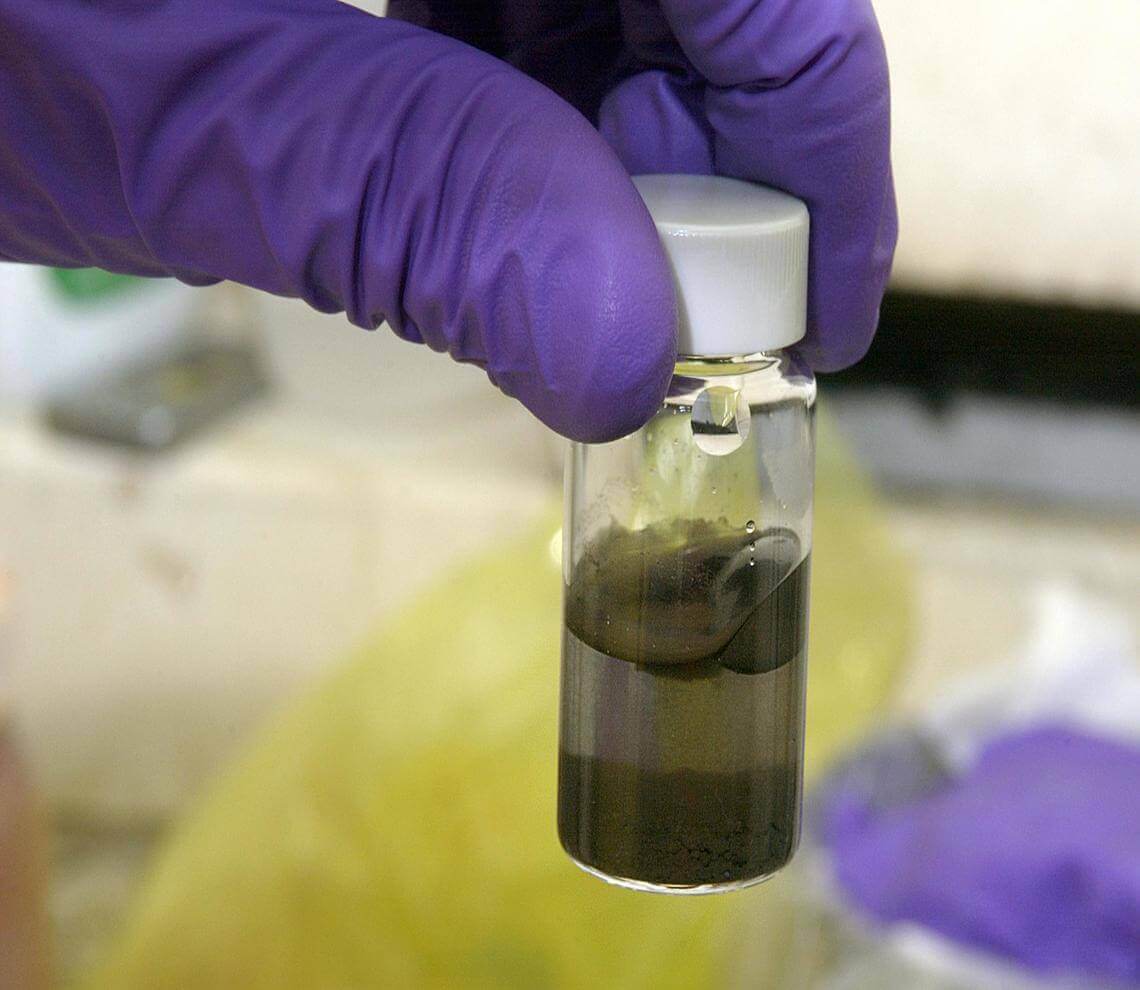- Our Suppliers
- MBS Monoclonals
- Monoclonal mouse anti-soluble lectin-like oxidized LDL receptor (LOX-1)
Product short description
Price:
790 EUR
Size:
1000ug
Catalog no.:
GEN660179
Product detailed description
Gene name synonims
N/A
Other gene names
N/A
Concentration
N/A
Host organism
N/A
Other names
N/A
Also known as
LOX-1
Gene name
LOX-1
Category
Antibodies
Clonality
Monoclonal
Latin name
Mus musculus
Subcategory
Mnoclonal antibodies
Clone
LOX19-22, LOX20-7, LOX20-15
Tested applications:
ELISA (EIA), Western Blot (WB)
Purification method
Chromatography on protein A Sepharose
Form/Appearance
PBS, pH 7.4, 0.1 % sodium azide (NaN3)
Storage and shipping
Store the antibody at +4 degrees Celsius.
Immunoglobulin isotype
IgG1 for MAbs LOX19-22, LOX20-15 IgG2a for MAb LOX20-7
Species reactivity
N/A; Due to limited knowledge and inability for testing each and every species, the reactivity of the antibody may extend to other species which are not listed hereby.
Specificity and cross-reactivity
Human recombinant sLOX-158-273; Since it is not possible to test each and every species our knowledge on the corss reactivity of the antibodies is limited. This particular antibody might cross react with speacies outside of the listed ones.
About
Monoclonals of this antigen are available in different clones. Each murine monoclonal anibody has his own affinity specific for the clone. Mouse monoclonal antibodies are purified protein A or G and can be conjugated to FITC for flow cytometry or FACS and can be of different isotypes.
Test
Mouse or mice from the Mus musculus species are used for production of mouse monoclonal antibodies or mabs and as research model for humans in your lab. Mouse are mature after 40 days for females and 55 days for males. The female mice are pregnant only 20 days and can give birth to 10 litters of 6-8 mice a year. Transgenic, knock-out, congenic and inbread strains are known for C57BL/6, A/J, BALB/c, SCID while the CD-1 is outbred as strain.
Description
This antibody needs to be stored at + 4°C in a fridge short term in a concentrated dilution. Freeze thaw will destroy a percentage in every cycle and should be avoided.The receptors are ligand binding factors of type 1, 2 or 3 and protein-molecules that receive chemical-signals from outside a cell. When such chemical-signals couple or bind to a receptor, they cause some form of cellular/tissue-response, e.g. a change in the electrical-activity of a cell. In this sense, am olfactory receptor is a protein-molecule that recognizes and responds to endogenous-chemical signals, chemokinesor cytokines e.g. an acetylcholine-receptor recognizes and responds to its endogenous-ligand, acetylcholine. However, sometimes in pharmacology, the term is also used to include other proteins that are drug-targets, such as enzymes, transporters and ion-channels.
© Copyright 2016-Tech News . Design by: uiCookies

